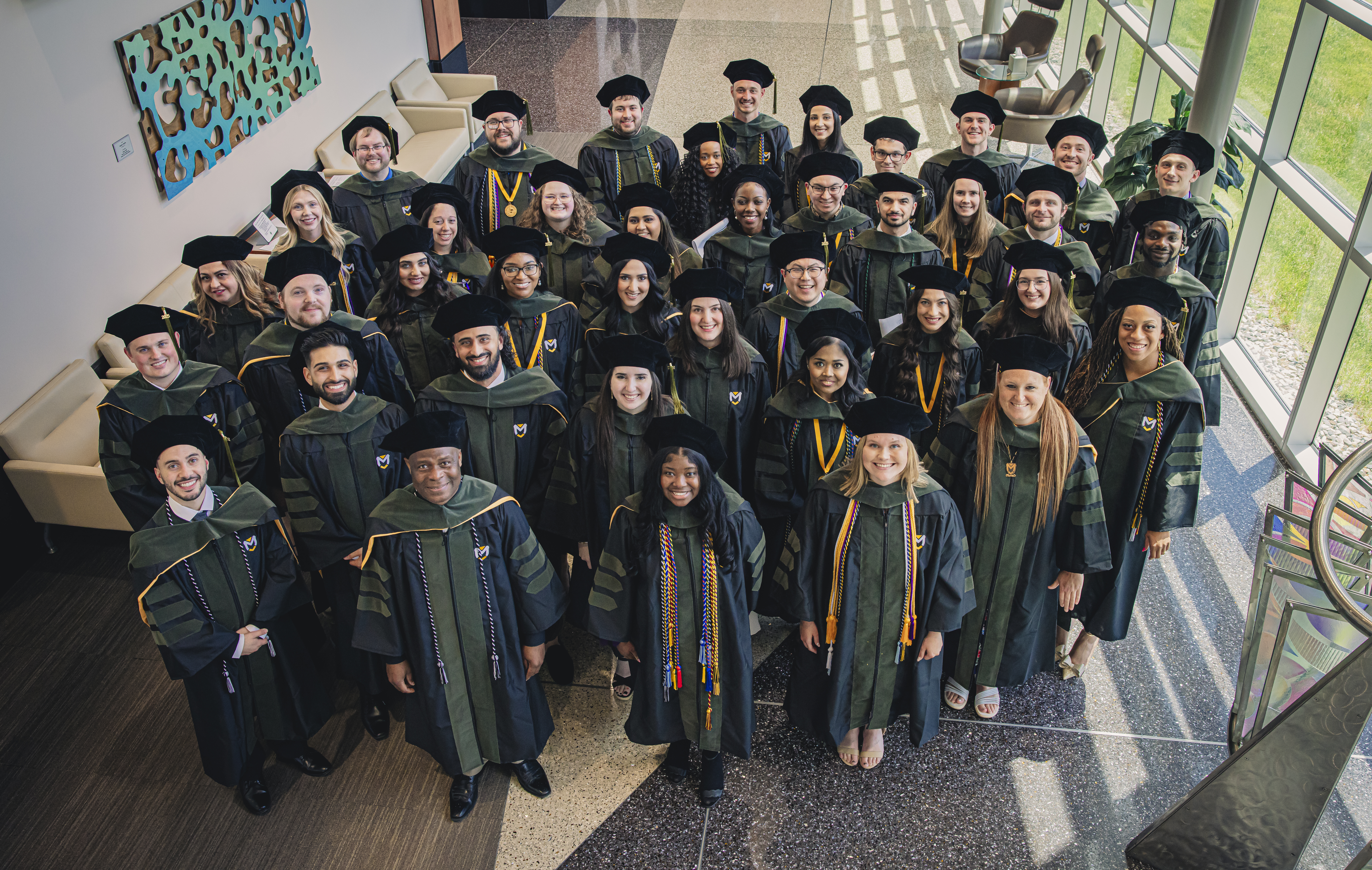Political Science
The Political Science program offers a dynamic and comprehensive education designed to prepare students for informed citizenship, leadership, and a wide range of careers in public service, law, international affairs, advocacy, and academia. Rooted in a broad liberal arts tradition, the program provides students with a deep understanding of political institutions, processes, and theories across local, national, and global contexts.

Start Your Career with a Bachelor’s Degree in Political Science at Manchester University
Students in the Political Science program at Manchester will explore the fundamental questions of power, justice, and governance while engaging with a wide spectrum of subfields including American politics, comparative politics, international relations, political theory, and public policy. The curriculum is designed to foster critical thinking, analytical reasoning, and strong communication skills through rigorous coursework and interdisciplinary study.
Program Information:
Major | BA
- 36-37 Credit Hours
Minor
- 24-25 Credit Hours
Location
- North Manchester
Why Choose MU for Political Science?

Prepared for Global Leadership
Hands-On Learning Experience
Legacy of Political Excellence
What You Can Do with Your Bachelor’s Degree in Political Science
Campaign Manager
Oversees political campaign strategy, messaging, fundraising, and voter outreach.
Public Affairs Specialist
Manages communication between organizations and the public or government.
Legislative Assistant
Supports elected officials by drafting bills and conducting policy research.
Policy Analyst
Evaluates government policies and recommends improvements through detailed research.

Average Starting Salary for Political Science Degree Holders
The U.S. Bureau of Labor Statistics reports that the median annual wage for political scientists was $139,380 in May 2024, with the lowest 10 percent earning under $74,750 and the highest 10 percent bringing in more than $191,880. While many political science degree holders enter roles that require a bachelor’s degree and may not immediately align with the political scientist category, this median serves as a valuable benchmark for the field’s earning potential.

How the Political Science Program Supports Your Growth
Student Groups
The political Science program is home to two major co-curricular organizations: the Model United Nations Organization and the Mock Trial.
- Model United Nations (MUN) is an educational simulation where students assume the roles of diplomats representing countries or organizations in United Nations committees. Participants engage in debates on pressing global issues, draft resolutions, and collaborate to find solutions, mirroring the procedures of actual UN conferences.
- Mock Trial is an academic simulation of courtroom proceedings where students assume the roles of attorneys, witnesses, and other legal participants to present a fictional case before a judge or panel. This experiential learning activity allows participants to engage deeply with legal concepts and trial processes, fostering a practical understanding of the judicial system.
In addition, our students have joined a number of honor societies including the National Political Science Honor Society, Pi Sigma Alpha, and the International Honor Society in Social Sciences, Pi Gamma Mu.
Internship Opportunities
Manchester University offers a range of valuable internship opportunities tailored for political science majors. Students can pursue placements in government offices such as the Indiana Senate, Indiana House (both Democratic and Republican caucuses), and federal roles through the U.S. Office of Personnel Management. Additional options include programs like the Washington Internship Institute, The Washington Center, and nonprofit organizations such as the Indianapolis Peace House and The Plowshares Collaborative. These internships are facilitated by Manchester’s Office of Career and Professional Development, providing experiential learning that connects academic study with professional application.
Meet the Faculty
Political Science Learning Outcomes
Program Learning Outcomes
1. Develop a comprehensive understanding of political theories and ideologies that underpin the study of political phenomena
Student Learning Outcomes:
- Identify key political concepts, ideologies and theories, explain their historical development and relevance to contemporary politics.
- Analyze and critique key political concepts, ideologies, and theories, identifying their core elements and shortcomings, and how they contribute to political knowledge.
2. Understand and evaluate political institutions, processes, and systems.
Student Learning Outcomes:
- Explain the structure, function, and role of political institutions (e.g., legislatures, executives, courts) at local, national, and/or international levels.
- Apply political theories to current events and global issues, evaluate the factors that shape political behavior, institutions, and policymaking, and assess how these elements influence outcomes within and beyond nation-states.
3. Develop critical thinking and communication skills and cultivate social science research skills.
Student Learning Outcomes:
- Critically evaluate historical and contemporary debates, the underlying assumptions in political discourse, and engage in reasoned debate and discussion on political issues, demonstrating the ability to articulate well-supported arguments.
- Construct research questions, design research projects, and apply appropriate qualitative and/or quantitative research methods to investigate political phenomena.
- Produce evidence-based persuasive arguments and/or research findings in clear, concise written and oral forms, effectively communicating complex ideas to both academic and non-academic audiences.
Non-Discrimination in the Admission Process
Manchester University is committed to non-discrimination in campus life. The University does not discriminate on the basis of national origin, ancestry, race, color, age, sex, gender identity or expression, sexual orientation, familial status, religion, disability or veteran status in admissions or any area of campus life, including its educational programs, scholarships and loan awards, residence life programs, athletic programs, extracurricular programs, promotion and tenure policies and practice, and alumni affairs.
Manchester University is committed to carry out the provisions of Section 504 of the Rehabilitation Act of 1973 and the Americans With Disabilities Act, which provide for accessibility of University programs to the physically disabled.







